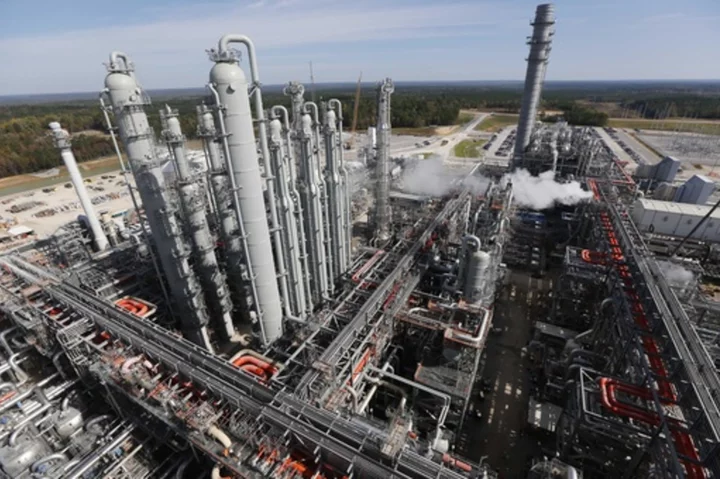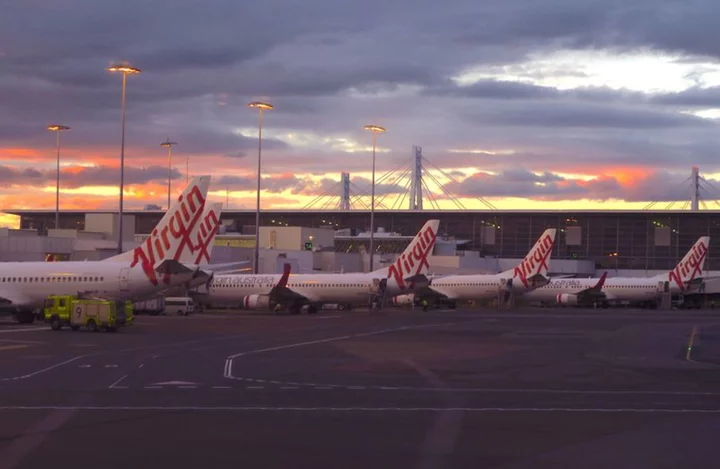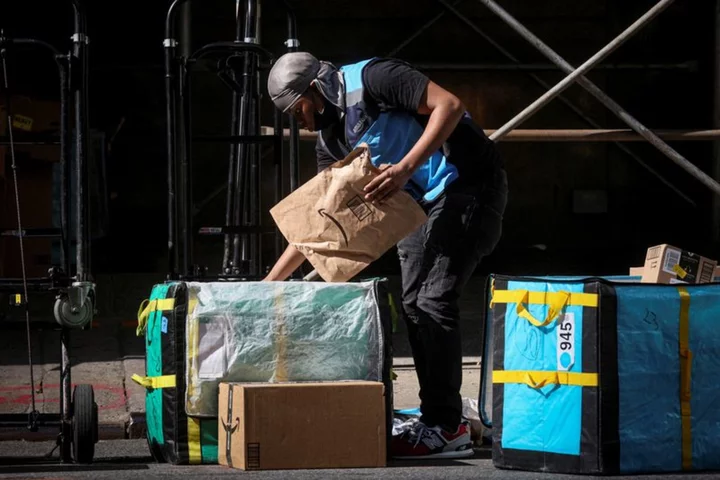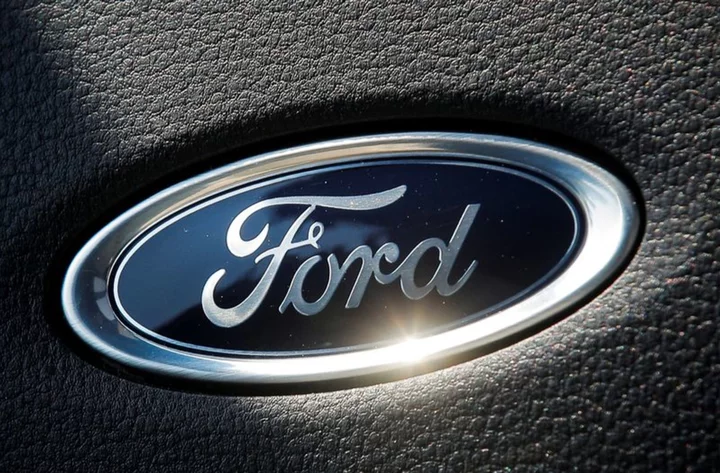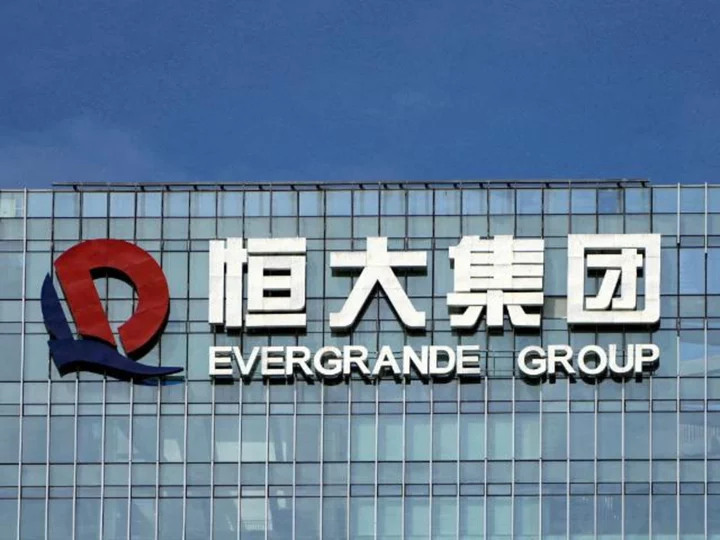ATLANTA (AP) — A former employee is suing to force a Mississippi utility to repay $382 million that the federal government gave to build a failed coal-fueled power plant.
Kelli Williams, a former construction manager for Atlanta-based Southern Co., filed a whistleblower lawsuit against the company and its subsidiary Mississippi Power Co. in 2018. That lawsuit, unsealed Monday, alleges that the two firms defrauded the U.S. Department of Energy and state regulators in a failed quest to build a $7.5 billion power plant.
Williams says the company lied repeatedly about the plant's cost overruns and spiraling delays, enticing the U.S. Department of Energy to keep delivering subsidy payments and persuading the Mississippi Public Service Commission to not revoke its permission for construction.
“If DOE had known that defendants were intentionally deceiving the agency about the state of the Kemper project and were intentionally withholding accurate data about the project's progress and viability, DOE would have ceased funding and supporting it,” an amended complaint filed Monday alleges.
Schuyler Baehman, a spokesperson for Southern Co., declined to comment. The company has yet to file a reply in court.
If Williams wins, the company could be forced to pay triple damages, or more than $1.1 billion. Williams, as the whistleblower, would be legally entitled to between 15% and 30% of any money.
The Kemper County power plant was supposed to be a world leader in turning soft coal into a gas and burning it to generate power, while removing climate-warming carbon dioxide and other pollutants.
The cost of the plant ballooned and Mississippi Power could never make it run reliably. The company lost $6.4 billion when the three-member Mississippi Public Service Commission in 2017 ordered it to stop building the gasifier and chemical removal unit and instead operate the plant by burning conventional natural gas.
Bills for Mississippi Power's 192,000 customers rose 15% in 2015 for the part of the plant that today burns natural gas instead of gasified coal. The rest of the plant has been demolished.
The debacle has been a powerful argument against the idea that coal can be burned cleanly, although some are still pushing the goal.
Whistleblower actions under the False Claims Act are filed under seal with the private plaintiff seeking to recover money on behalf of the federal government.
The plaintiff, called a relator, sends the lawsuit and a statement to federal authorities, who can choose to intervene. Cases can remain sealed for years while the government investigates. In this case, after five years of consideration, the U.S. Justice Department in July decided not to get involved. Now Williams and her lawyers are moving ahead.
It's not the first time that Southern Co. has faced whistleblower allegations or lawsuits over the plant. Former engineer Brett Wingo told the U.S. Securities and Exchange Commission in 2014 that the company defrauded investors by misrepresenting the construction schedule. That inquiry ended with no enforcement action in 2017, but by then state regulators had concluded Mississippi Power's claims of progress weren't credible.
“I believe at some point, they began to tell us things that were not true,” said Cecil Brown, a Democrat who served on the Mississippi Public Service Commission from 2016 to 2020.
Williams says she knows about the wrongdoing because she was repeatedly ordered to prepare unrealistic budget documents that the company provided to regulators to mislead them that the project was on track when insiders knew it was not. The lawsuit says overruns and delays should have triggered reports to the U.S. Department of Energy that the company never filed.
“The people of Mississippi were deceived from the very beginning on the project,” Williams told The Clarion Ledger of Jackson in 2019. That’s when Southern Co. warned of a U.S. Justice Department investigation that turned out to be the federal inquiry into whether to join Williams’ own lawsuit.
The lawsuit says the company knew as early as 2011 that its costs would exceed the $2.88 billion cap that Mississippi regulators had approved under pressure from Mississippi Gov. Haley Barbour and federal officials. Barbour was a lobbyist for Southern Co. before becoming governor and was hired again as a lobbyist by the company after his two terms.
Williams alleges the company did some construction poorly to give the illusion of progress to state inspectors. For example, she alleged Mississippi Power erected piping without permanent fasteners, knowing the work would have to be redone again later at higher cost, an allegation first aired by The Guardian in 2018.

